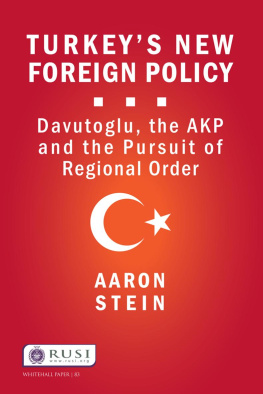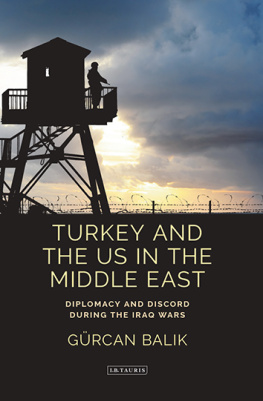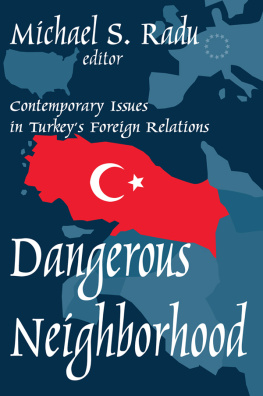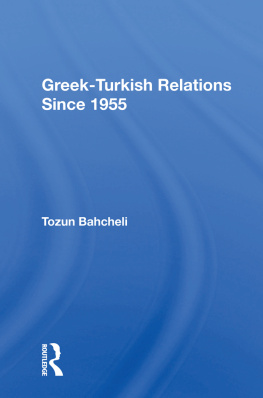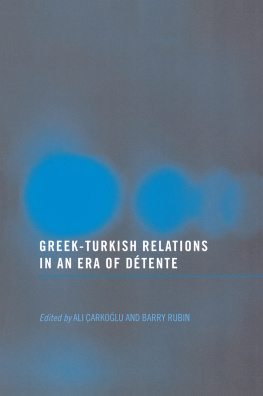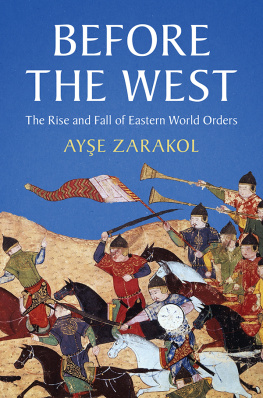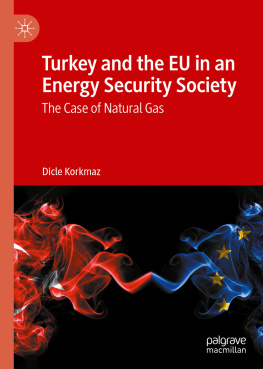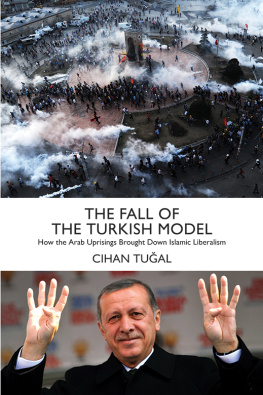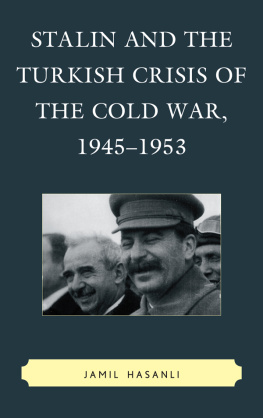First published 2000 by Ashgate Publishing
Reissued 2018 by Routledge
2 Park Square, Milton Park, Abingdon, Oxon OX14 4RN
711 Third Avenue, New York, NY 10017, USA
Routledge is an imprint of the Taylor & Francis Group, an informa business
Copyright dris Bal 2000
All rights reserved. No part of this book may be reprinted or reproduced or utilised in any form or by any electronic, mechanical, or other means, now known or hereafter invented, including photocopying and recording, or in any information storage or retrieval system, without permission in writing from the publishers.
Notice:
Product or corporate names may be trademarks or registered trademarks, and are used only for identification and explanation without intent to infringe.
Publishers Note
The publisher has gone to great lengths to ensure the quality of this reprint but points out that some imperfections in the original copies may be apparent.
Disclaimer
The publisher has made every effort to trace copyright holders and welcomes correspondence from those they have been unable to contact.
A Library of Congress record exists under LC control number: 00134010
ISBN 13: 978-1-138-72925-4 (hbk)
ISBN 13: 978-1-315-19001-3 (ebk)
In this book I have sought to analyse the relations between Turkey, the West and the newly independent Turkic Republics, in the context of the Turkish Model proposed and supported by the West as a possible model for development in the Turkic Republics. It summarises the Turkish Model of development as applied in Turkey, and its shortcomings and discusses the role of Turkey in the area after the collapse of the Soviet Union, from the point of view of both the West and Turkey itself. It analyses the possible reasons why the Turkish Model was proposed and how the Turkic Republics received it, and why it declined from favour in such a short period of time.
This book is a revised version of the thesis submitted to the University of Manchester for the degree of Ph.D. in 1998. Several people helped me in the preparation of this study and I am grateful to all of them. My thanks are due in the first place to Dr. idem Balm, Dr. Edmund Herzig and Dr. aziye Gaziolu for their guidance and assistance. In Britain, my thanks are due to Chris Binns, Professor William Hale, Dr. Marie Bennigsen Broxup, and to Dr. Andrew Mango, all of whom answered my questions and gave me valuable ideas.
In Turkey, several people, including politicians, academics and my relatives, helped me. My mother and father gave me invaluable help while I was conducting a survey among Turkish people, and several other relatives helped me in delivering and collecting the questionnaires during my first survey. My thanks also go to my brother-in-law Selim Kire, who delivered and collected the questionnaires of my second survey, among Turkic students in Turkey.
Secondly I would like to thank Kamran nan (former minister of foreign affairs, minister of state and currently an MP), Namk Kemal Zeybek (former minister of state), Abdlkadir Aksu (former minister of interior affairs), Cemil iek (former minister of state), Acar Okan (advisor to the prime minister Tansu iller), Prof. Yusuf Hallacolu (head of the Institute of Turkish History and Language), Erturul O. raan (foreign policy advisor of the Democratic Left Party), Necati Bilican (former Head of the Turkish Police Forces), Yaar Toga (deputy president of the Turkish International Co-operation Agency), Mustafa alk (General Director of the Journal Trkiye Gnl) and Seluk Alkn (a member of the administrative committee of the Society of Azerbaijan Culture). Professors Mehmet Saray, Hasan Kni, Aye Ayata, Nadir Devlet, and Seyfi Taan (editor of the Journal Foreign Policy, published in Ankara) also receive my thanks for accepting to see me and answering my questions.
My thanks are also due to representatives of the Turkic republics in Turkey. In particular I would like to thank ambassadors: Mehmet Nevruzolu Aliyev, (Azerbaijan); Nurmuhammad Hanammov, (Turkmenistan); Dr. Anvarbek Mokeev, counsellor at the Embassy of Kirgizstan in Ankara; smail Yolcuolu, former counsellor at the Embassy of Azerbaijan in Ankara; Zakir Haimov, counsellor at the Embassy of Azerbaijan in Ankara; Annaguli Nurmemedov, counsellor at the Embassy of Turkmenistan in Ankara; Doulat Kouavychev, third secretary at Kazakstans Embassy in Ankara, responsible for political affairs; and Kayrat Sh. Sarbayev, third secretary at Kazakstans Embassy in Ankara, responsible for cultural affairs.
Finally, I have to thank my wife, Hlya Deniz, for her unfailing encouragement and unstinting support and understanding.
dris Bal


